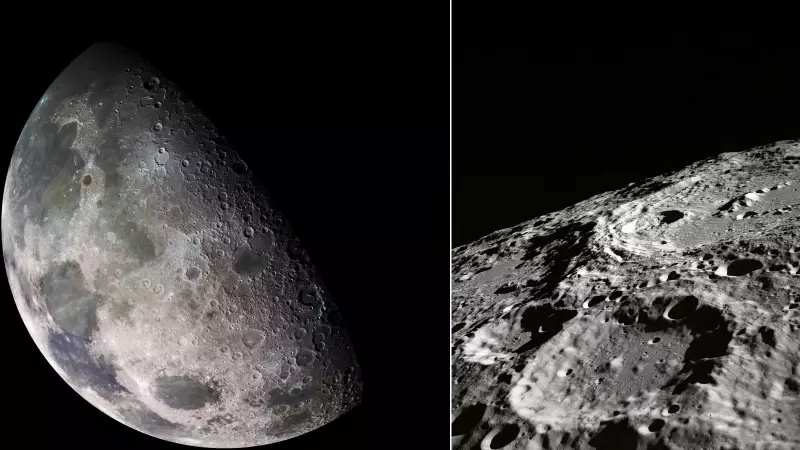
In a stunning revelation that could reshape our understanding of planetary evolution, scientists have uncovered water within a rare meteorite fragment recovered from the Moon. This extraordinary discovery challenges long-held beliefs about how Earth acquired its life-sustaining water and opens new chapters in cosmic history.
The Cosmic Messenger
The research focuses on a unique meteorite sample collected during lunar exploration. Unlike typical space rocks, this fragment contains compelling evidence of water molecules preserved within its ancient structure. Using advanced analytical techniques, researchers detected the unmistakable signature of water that dates back billions of years.
Rewriting Earth's Origin Story
For decades, scientists debated whether Earth's water arrived through comet impacts or was present during the planet's formation. This new evidence suggests that water-bearing materials were more common in the early solar system than previously thought. The discovery implies that water might have been an inherent component of planetary building blocks rather than a later addition.
Key Implications of the Discovery
- Ancient Water Distribution: Water was more widespread in the early solar system than current models suggest
- Planetary Formation Theories: Challenges existing theories about how terrestrial planets acquired their water
- Lunar History: Provides new insights into the Moon's geological past and its relationship with Earth
- Future Exploration: Guides upcoming lunar missions in their search for water resources
Scientific Methodology Breakthrough
The research team employed cutting-edge spectroscopic analysis to detect water molecules within the meteorite's mineral structure. This sophisticated approach allowed scientists to distinguish between contamination and authentic ancient water, providing confidence in their groundbreaking conclusions.
Broader Implications for Space Science
This discovery extends beyond academic interest, with significant implications for future space exploration and our understanding of habitable worlds. The presence of water in such ancient materials suggests that the ingredients for life might be more common throughout the universe than previously imagined.
As space agencies worldwide plan renewed lunar exploration, this research provides crucial guidance for where and how to search for water resources that could support future human settlements. The findings also inform the search for habitable exoplanets by suggesting that water-rich environments might be more prevalent than current estimates indicate.
This remarkable discovery represents not just a single scientific achievement but a fundamental shift in how we understand our place in the cosmos and the very origins of the water that makes life possible on our blue planet.





